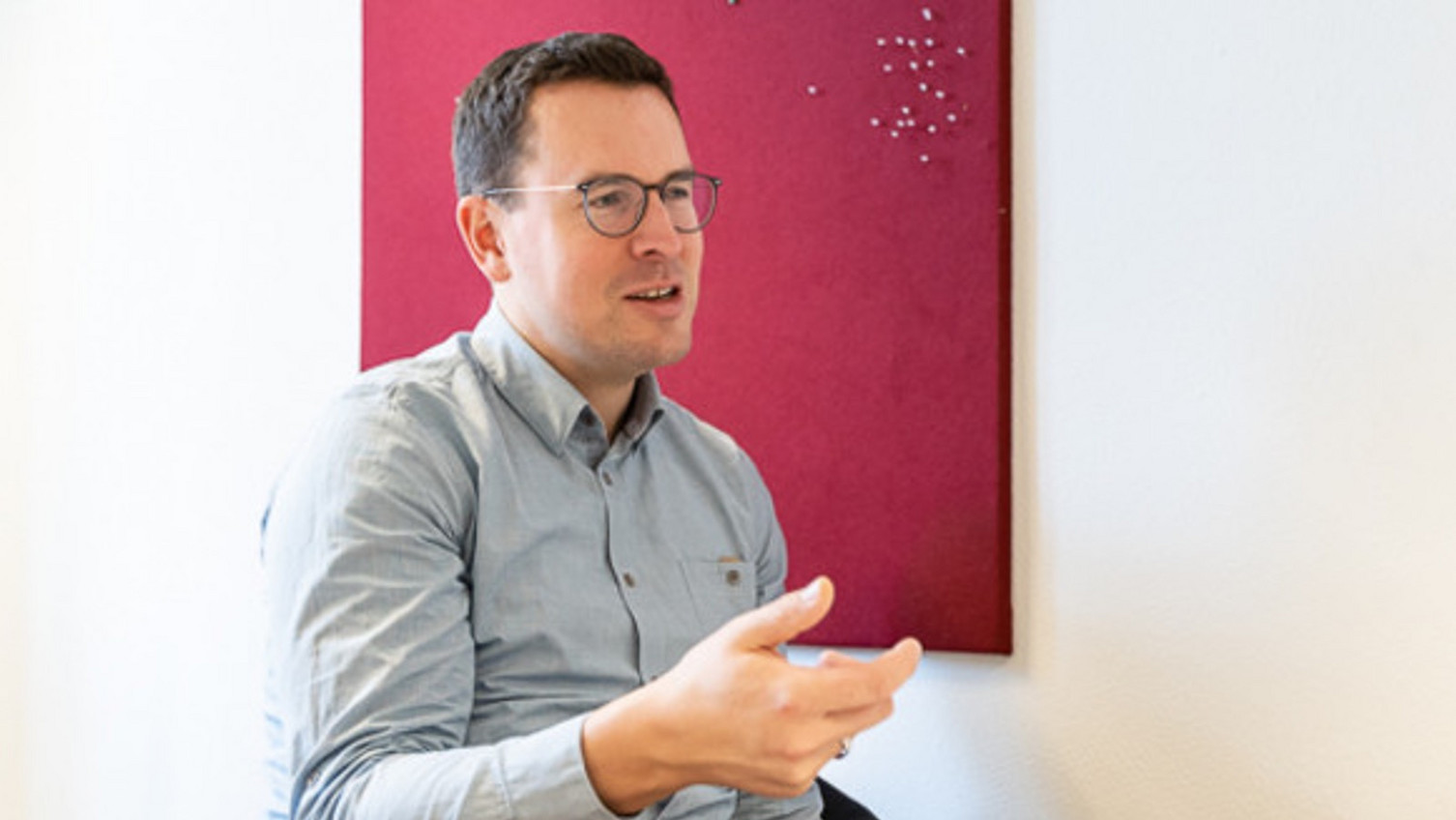New Bachelor's programme Cultural Studies: Organisation, Society, and the Arts starts in autumn
2024-05-27 The international, English-language study programme combines classical and contemporary social and cultural theory with central questions of our time that are changing cultural life and cultural production - and which are reflected in and shaped through art and culture. Prof. Dr. Armin Beverungen, Junior Professor of Organisation in Digital Cultures, explains the background to this unique study programme. Those interested can find out more about this and other degree programmes at the College Open Day on 31 May 2024.
- How do cultural organisations and the arts reflect social change?
Cultural organisations and the arts not only reflect social change, they shape it. They work out challenges and problems and thus make them negotiable. When I visit an art exhibition about climate change, for example, it does something to me. Or think of museums: curators are now increasingly concerned with the restitution of looted art. That's why we are also addressing the topics of provenance research and restitution in the new study programme. Societal change also becomes visible in the entertainment sector, and this way becomes widely debatable: Nemo, for example, is the first person to win the ESC who identifies as non-binary. Perspectives from Gender Studies influence our teaching offers at different points in the curriculum.
- What are the pillars of the new Bachelor's programme?
The first pillar is cultural organisations: what significance do they have in social change? The second pillar, society, is about cultural and social theory. Here we address social phenomena such as conflict, protest and power. The arts are the third thematic focus. The introduction to art studies continues with the topics of art and institutions. Our students benefit from the broad range of subjects in social and cultural theory, organisational sociology and art at Leuphana, which we connect and relate carefully in the curriculum. In addition, our students will deal with the challenges such as urbanisation, migration, digitalisation and ecology from a cultural studies perspective. Practical tasks require complex theoretical reflections and conceptual approaches.
- How do you integrate cultural practice into the programme?
There is a large project module that stretches across the three pillars. Students learn scholarly methods early on in the programme and apply them practically in research project, sometimes in a cultural organisation. For example, students can investigate how a concert is digitised. What does the change in performance practice mean for the orchestra's set-up? How does the atmosphere in the room change? What are the artistic consequences? However, students will not only discuss these questions based on experience, but also collect data, for example with the help of field visits, interview studies or questionnaires. In other words, they approach the solution to a practical problem using scholarly methods. Our graduates can later approach their jobs with a different level of reflection. In the cultural sector, there are no standard answers in working practice.
- The programme is offered in English. Why is the international focus of the major important?
The major Cultural Studies: Organisation, Society, and the Arts prepares students for work in the global, networked arts, media and cultural sector as well as for an international academic career. The art and culture market has long been international, and English also plays an important role in German institutions, for example in collaboration with artists or in museum loans.
Debates are also conducted internationally - for example on the subject of restitution in connection with the Humboldt Forum and looted colonial art. This controversy was also received abroad. Our graduates also have the opportunity to continue their studies at Master's level in Germany (for example our Master’s in Culture Studies: Culture and Organization) or abroad. Overall, the new major offers a unique opportunity to deal with the cultural challenges of the present and at the same time place a clear focus on art, cultural production and their theoretical discourses.
- Thank you very much for the interview!

